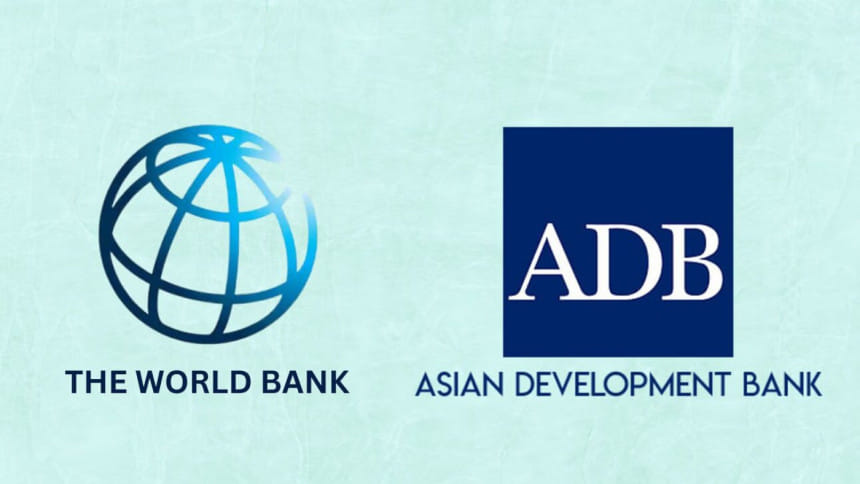ADB-World Bank to provide single set of requirements for joint projects

In a bid to streamline development finance, the World Bank and Asian Development Bank will provide borrowers with a single set of conditions and requirements for co-financed projects.
The two major lending agencies have signed an agreement -- Full Mutual Reliance Framework (FMRF) -- to enhance their collaboration in co-financed projects, according to a World Bank press release.
This first-of-its-kind arrangement between multilateral development banks (MDBs) will mean that borrowers will need to follow a single set of policies and procedures—either from the ADB or the WB—covering all aspects of project design, preparation, appraisal, supervision, completion, and evaluation.
The initiative is expected to cut costs, reduce processing time, and align policies to create a more cohesive global development finance system, the World Bank said.
The framework came in response to international calls, including from the G20, for MDBs to work more collaboratively to maximise impact and address global development challenges more effectively.
"The Full Mutual Reliance Framework is a significant step in our collaboration with the World Bank and will deliver lasting benefits to communities and economies across Asia and the Pacific," said ADB President Masatsugu Asakawa.
"By leveraging our respective strengths, we can enhance efficiency, scale impact, and provide a strong platform for sustainable and inclusive growth."
World Bank Group President Ajay Banga highlighted the shift towards greater cooperation in development financing.
The framework will initially be implemented in selected public sector projects over a four-year pilot phase, beginning in 2025, allowing for refinement of operational approaches and evaluation of outcomes. Building on earlier co-financing efforts, such as the Procurement Framework Agreement of 2018, the FMRF incorporates lessons from engagements with civil society organisations, borrower countries, and other stakeholders.
Under the framework, one institution will serve as the "Lead Lender," overseeing project design, preparation, appraisal, supervision, and evaluation, while the other, termed the "Trail Lender," will participate in knowledge-sharing and provide limited support without decision-making or fiduciary responsibilities.
This initiative is expected to serve as a model for deeper collaboration among MDBs, addressing urgent development needs while fostering knowledge-sharing and innovation.

 For all latest news, follow The Daily Star's Google News channel.
For all latest news, follow The Daily Star's Google News channel. 


Comments